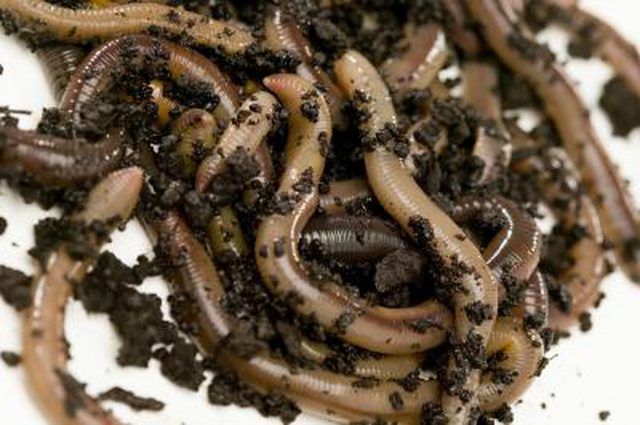Bulbs
Flower Basics
Flower Beds & Specialty Gardens
Flower Garden
Garden Furniture
Garden Gnomes
Garden Seeds
Garden Sheds
Garden Statues
Garden Tools & Supplies
Gardening Basics
Green & Organic
Groundcovers & Vines
Growing Annuals
Growing Basil
Growing Beans
Growing Berries
Growing Blueberries
Growing Cactus
Growing Corn
Growing Cotton
Growing Edibles
Growing Flowers
Growing Garlic
Growing Grapes
Growing Grass
Growing Herbs
Growing Jasmine
Growing Mint
Growing Mushrooms
Orchids
Growing Peanuts
Growing Perennials
Growing Plants
Growing Rosemary
Growing Roses
Growing Strawberries
Growing Sunflowers
Growing Thyme
Growing Tomatoes
Growing Tulips
Growing Vegetables
Herb Basics
Herb Garden
Indoor Growing
Landscaping Basics
Landscaping Patios
Landscaping Plants
Landscaping Shrubs
Landscaping Trees
Landscaping Walks & Pathways
Lawn Basics
Lawn Maintenance
Lawn Mowers
Lawn Ornaments
Lawn Planting
Lawn Tools
Outdoor Growing
Overall Landscape Planning
Pests, Weeds & Problems
Plant Basics
Rock Garden
Rose Garden
Shrubs
Soil
Specialty Gardens
Trees
Vegetable Garden
Yard Maintenance
How to Kill Earthworm Pests
How to Kill Earthworm Pests. Earthworms can be beneficial to have around, or they can be pests. The beneficial qualities of having earthworms in a yard or lawn come from their ability to aerate soil and help decompose organic matter through the deep tunnels they dig in the soil. However, these tunnels can leave aesthetically unappealing mounds of...

Earthworms can be beneficial to have around, or they can be pests. The beneficial qualities of having earthworms in a yard or lawn come from their ability to aerate soil and help decompose organic matter through the deep tunnels they dig in the soil. However, these tunnels can leave aesthetically unappealing mounds of clumpy dirt, otherwise known as castings, on lawns. If the unappealing earthworm mounds are outweighing the functionality of the earthworm tunnels, then earthworms become pests, and pests are best gotten rid of.
Things You'll Need
Insecticide
Fertilizer
Yard tools
Gloves
Fungicide (optional)
Use a carbamate insecticide to kill the earthworms. Some carbamate insecticides include carbaryl (Sevin), bendiocarb (Turcam) and propoxure (Baygon). Use about as much insecticide to kill the earthworms as you would to kill grubs, which is generally 4 to 8 lb. of active ingredient per acre of lawn, suggests the Sports Turf website.
Reapply the insecticide each season to continue to keep earthworm populations low. The insecticide will not reduce the earthworm population for more than a season at a time. For further instructions on mixture and application period, consult the insecticide manual, container or manufacturer.
For a natural approach to killing earthworms, use a fungicide, such as benzimidazole fungicide or carbamate fungicide. Some benzimidazole fungicides include benomyl, thiabendazole and thiophonate-methyl. Carbamate fungicide brands include Bromosan, Lesco Thiram, Spotrete and Thiramad. Consult the fungicide manaul, container or manufacturer for further application details because each fungicide varies in strength and duration.
To reduce the earthworm food supply, and, therefore, reduce the earthworm population, gather and remove grass clippings from the lawn. This will also take away from the soil nutrients, informs the North Carolina Cooperative Extension, so it is important to add fertilizer to the lawn to account for the decrease in clippings, which are generally considered a form of fertilizer (an especially cheap form at that).
Make sure that the area where the earthworms are living has proper drainage. Earthworms tend to thrive in poor-drainage areas, and reducing water and moisture buildup will help keep their population in check.
Tips & Warnings
Killing earthworms deprives your lawn of their nutrients, so always supplement a newly earthworm-free lawn with fertilizer to keep it in healthy condition.
Make sure to wear proper safety equipment, including gloves and long sleeves and pants, when working with chemicals such as insecticides. Avoid inhaling or coming into skin contact with insecticides.